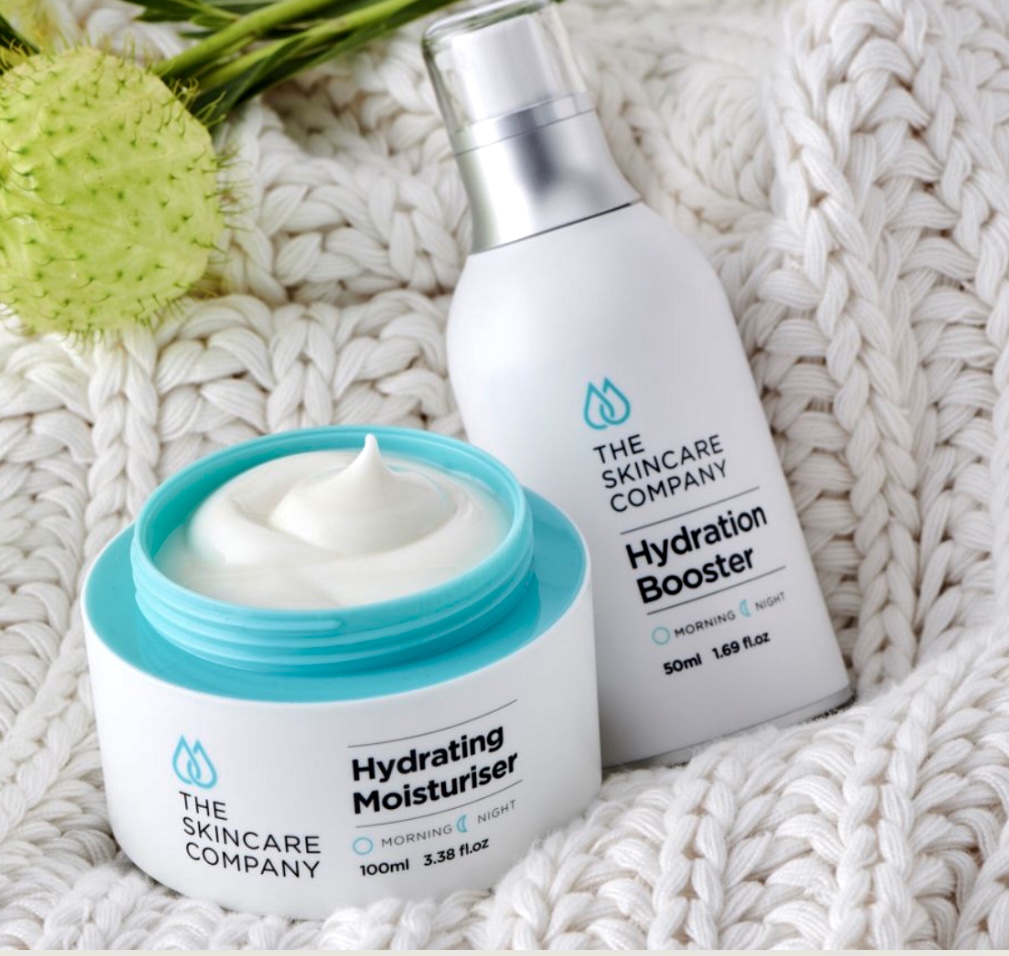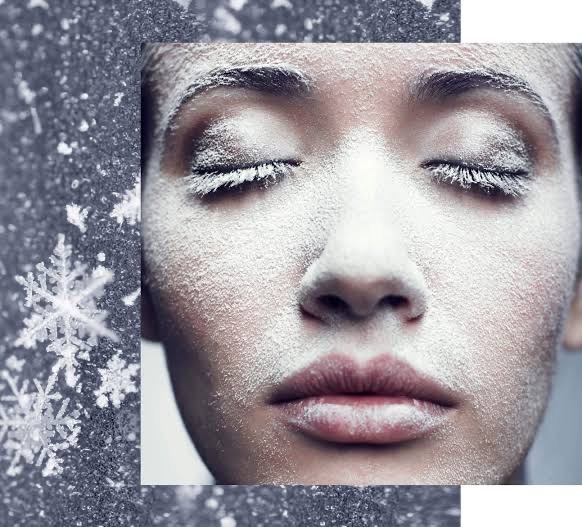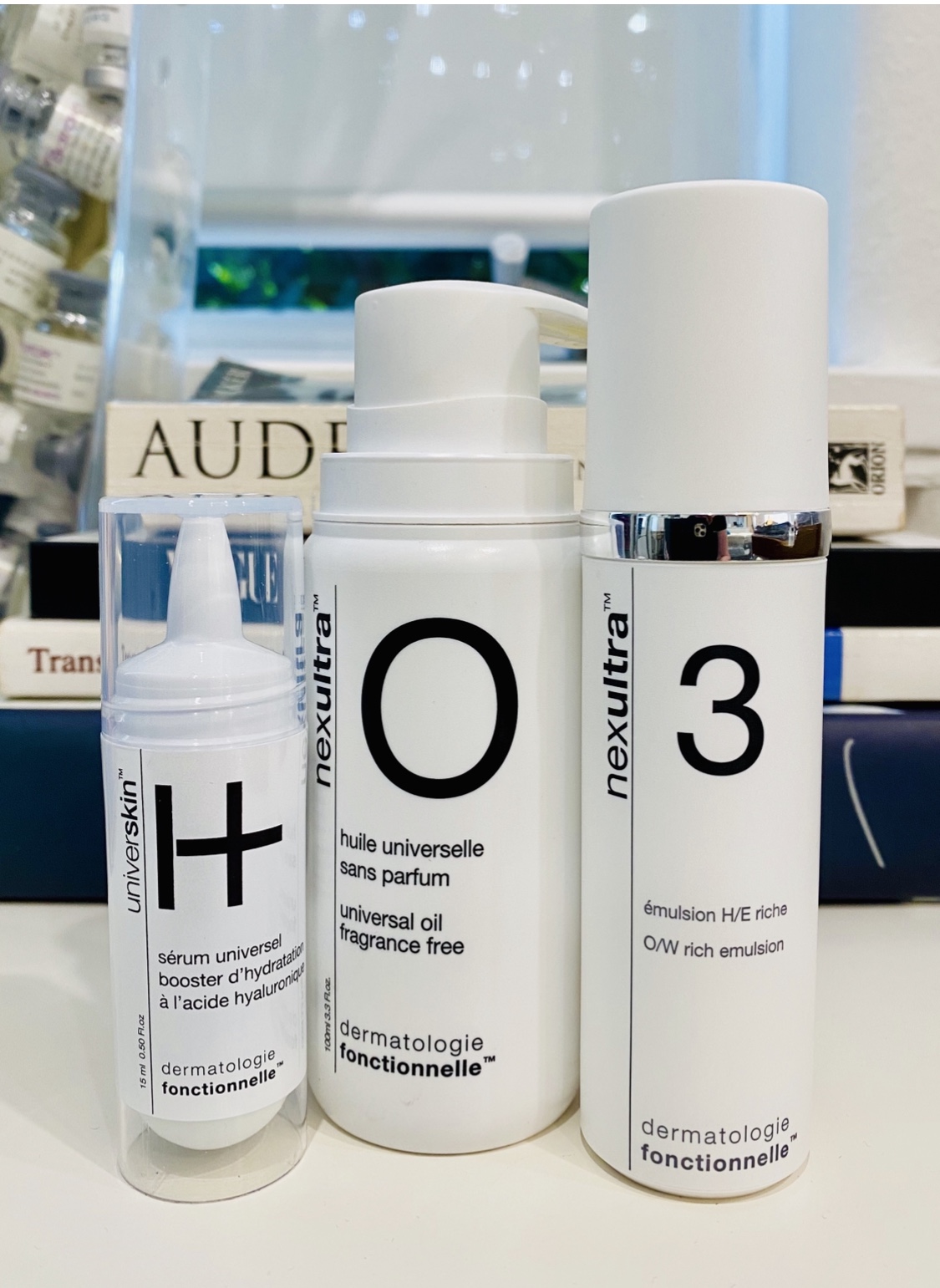Skincare
Winter doesn’t have to mean Dry Skin!
Why is skin dry in Winter?
Dry skin is especially common in the winter months, when the humidity level outside drops. When the air outside is cold and dry, the water in your skin evaporates more quickly; this makes your skin feel dry and tight, and it may even become flaky.
Many of us spend more time inside in the winter and use indoor heating. Dry indoor air not only dries out your skin, it also dries out your lips, can cause dry noses (nosebleeds), and even a dry throat (hoarseness, sore throat).
Body Care:
A long hot bath or shower may sound great after being out in the cold, but the combination of hot water and soaking can strip your skin of its protective oils and leave your skin even more dehydrated.
So try to shower or bathe in warm, not super-hot water, and limit the time you spend in the shower or bath. Another good tip is to gently pat your skin dry with a soft towel.
It might be tempting to skip the body lotion when your skin is covered up in winter clothing, but it’s just as important to moisturise in the winter as it is in the summer, even if your arms and legs aren’t on display. Dry skin can get itchy, flaky, and uncomfortable, and Winter clothing can then become scratchy and irritate your skin further.
Hand care:
We are all finding out that dry, chapped hands can be caused by frequent hand washing, as well as the use of hand sanitisers, which often have a high concentration of alcohol. Try and protect your hands with a hand cream after each washing or after using hand sanitiser. When gardening, doing dishes, or working around the house, wear protective gloves.
Water Intake:
Often you’re not as thirsty in the winter as you are in the summer months when you’re hot and sweaty. However, you lose water through your skin every day, in any season — even when it’s cold and even if you don’t feel like you’re sweating. This is especially true if you spend a lot of time in dry indoor heat. Our bodies are made of 70 percent water, which keeps our cells plump and healthy. If you’re not drinking enough, your body (and your skin) gets dehydrated. Make sure you’re getting plenty of fluids in the wintertime, even if you don’t feel thirsty. Avoid caffeinated drinks, which will make you lose even more water. Instead, stick to water, soup, decaf coffee and tea, and herbal tea.
Diet:
Eating foods that contain “good fats” (especially omega-3 fatty acids) can help replenish your skin’s natural fats and keep it looking smooth and supple. Make sure to include plenty of omega-3-rich foods in your diet, including oily fish (such as salmon, sardines, and mackerel). If you’re allergic or can’t stand the taste of fish, try incorporating tofu, walnuts, flaxseeds, soybeans, or omega-3-fortified foods (like orange juice) into your diet every day. In addition, some people with dry skin and itchy rashes can benefit from evening primrose oil supplements.
We have developed 3 Winter Hydration packs to help with dry Winter skin:
Hydrate and Glow
The Skincare Company Hydration Booster and Hydrating Moisturiser
$165, save $100

Hydrate and Soothe
Universkin Nexultra O cleanser, Serum H and nexultra 3 moisturiser
$180, save $40
Hydrate and Repair
Skinceuticals B5 gel, Ultimate Facial defence SPF 50, Glycolic 10 Renew Overnight
$220, save $53


